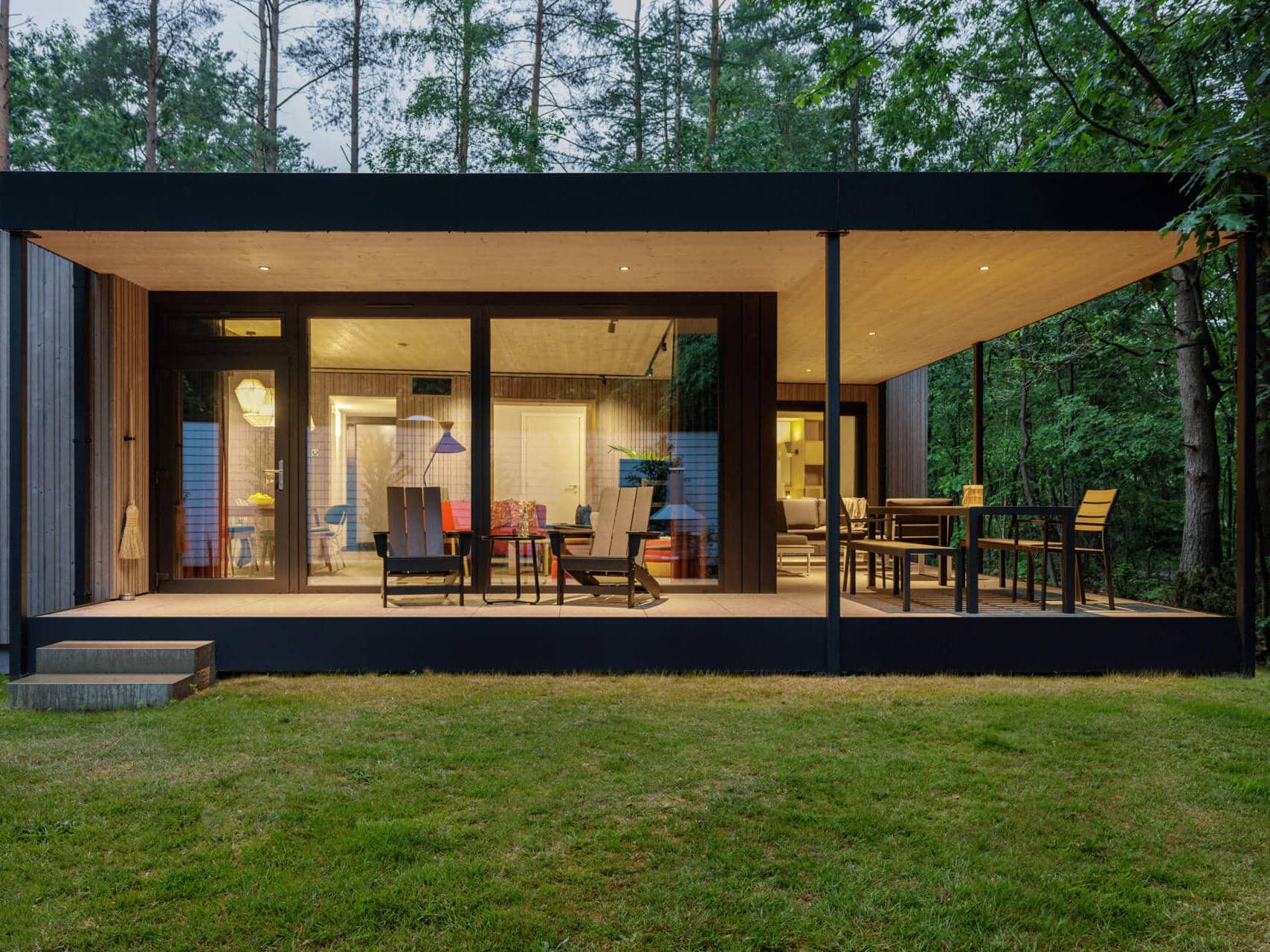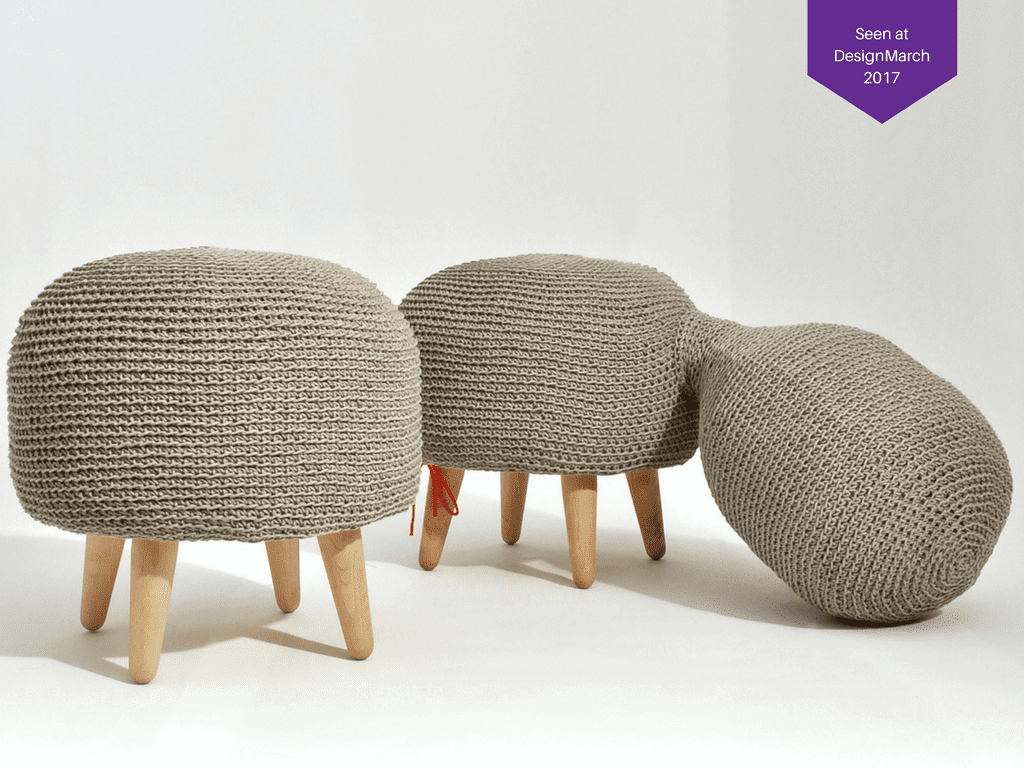Modern Prefab Cabin in the Woods: A Sustainable Retreat Blending Design and Nature
Nestled in the tranquil landscape of Parc Bispinger Heide, Germany, the Center Parcs Cottage a groundbreaking prototype by Dutch architecture studio Concrete redefines eco-conscious hospitality. This modern prefab cabin merges minimalist design with natural materials, offering urban families and nature seekers a serene escape. More than just accommodation, it’s a blueprint for sustainable modular living, where rapid construction meets low environmental impact all without sacrificing style or comfort.
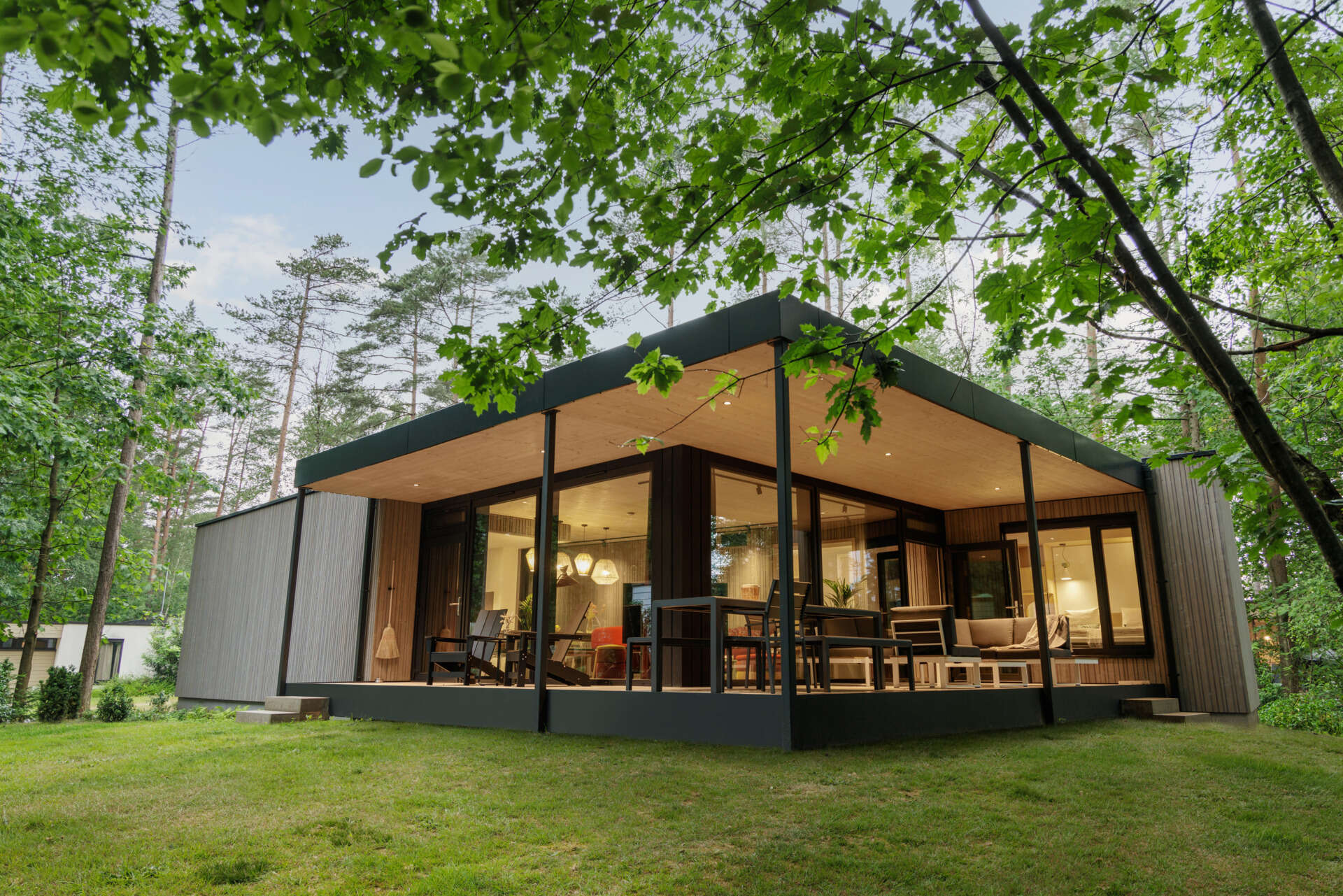
A Dutch Design Revolution: Modular Meets Nature
Concrete, renowned for human-centric innovation, reimagines the traditional forest bungalow. Inspired by Dutch modernists Van den Broek and Bakema, the cabin features clean lines, a compact footprint, and seamless integration with its woodland surroundings. The hybrid 2D panel and 3D modular system allows assembly on-site in under two weeks, minimizing disruption to the ecosystem.
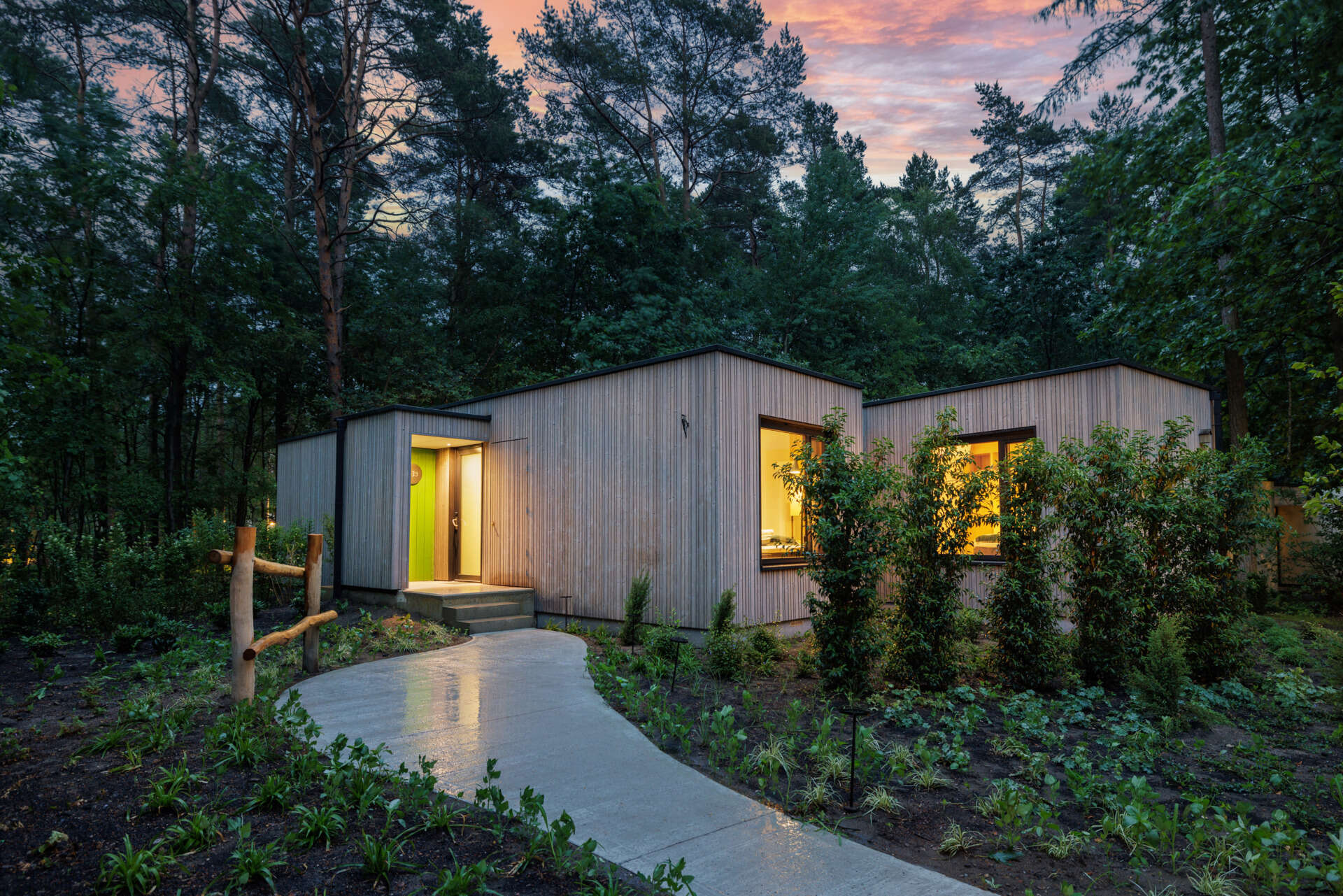
Smart Layouts for Connection and Privacy
The cabin’s two prefab modules connect via a spacious central living area, designed for both lively gatherings and quiet solitude. A large dining table anchors the open-plan space, flanked by a low-slung, reconfigurable sofa (a nod to 1970s retro charm). Floor-to-ceiling glass blurs boundaries between indoors and out, while staggered placement among trees ensures privacy.
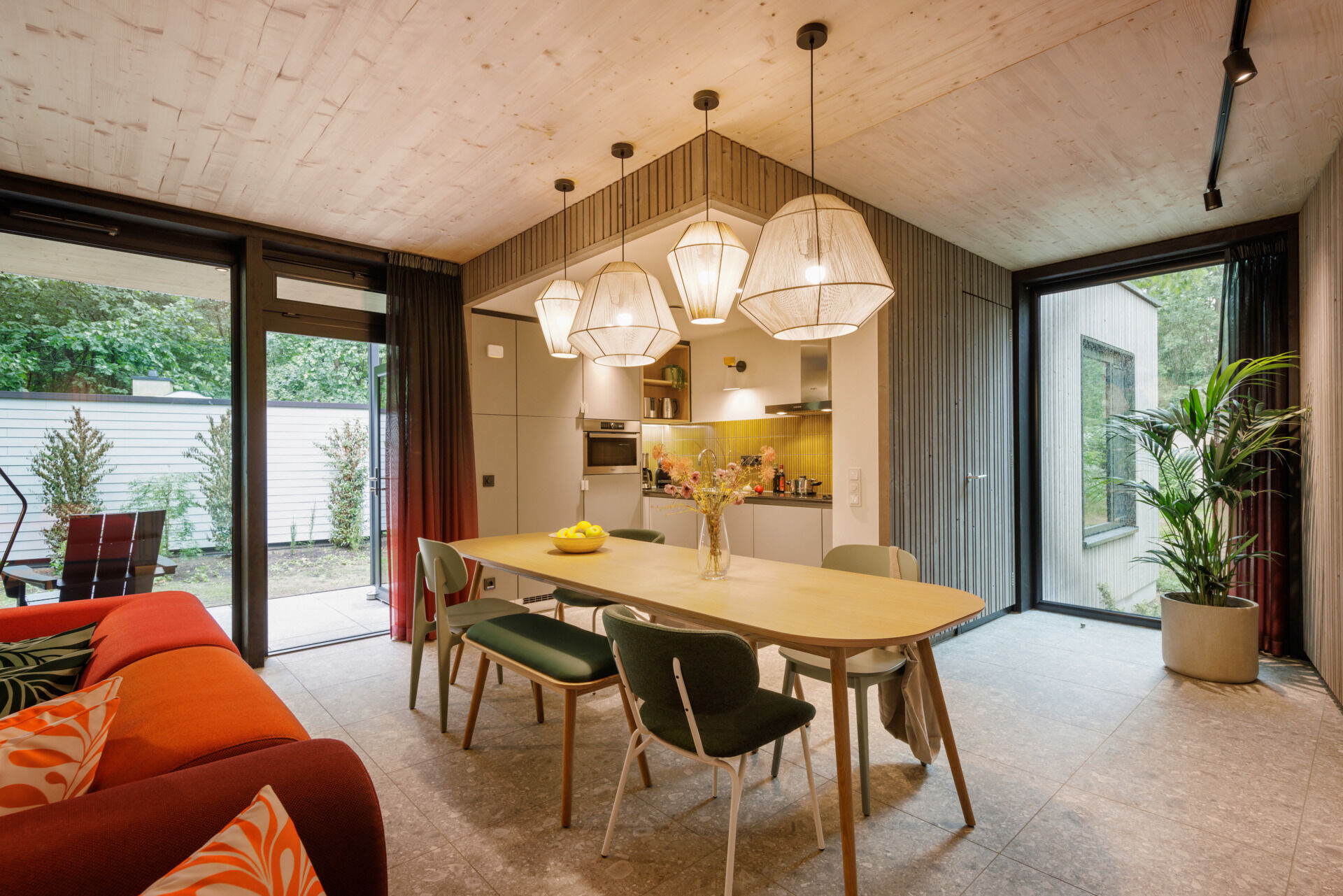
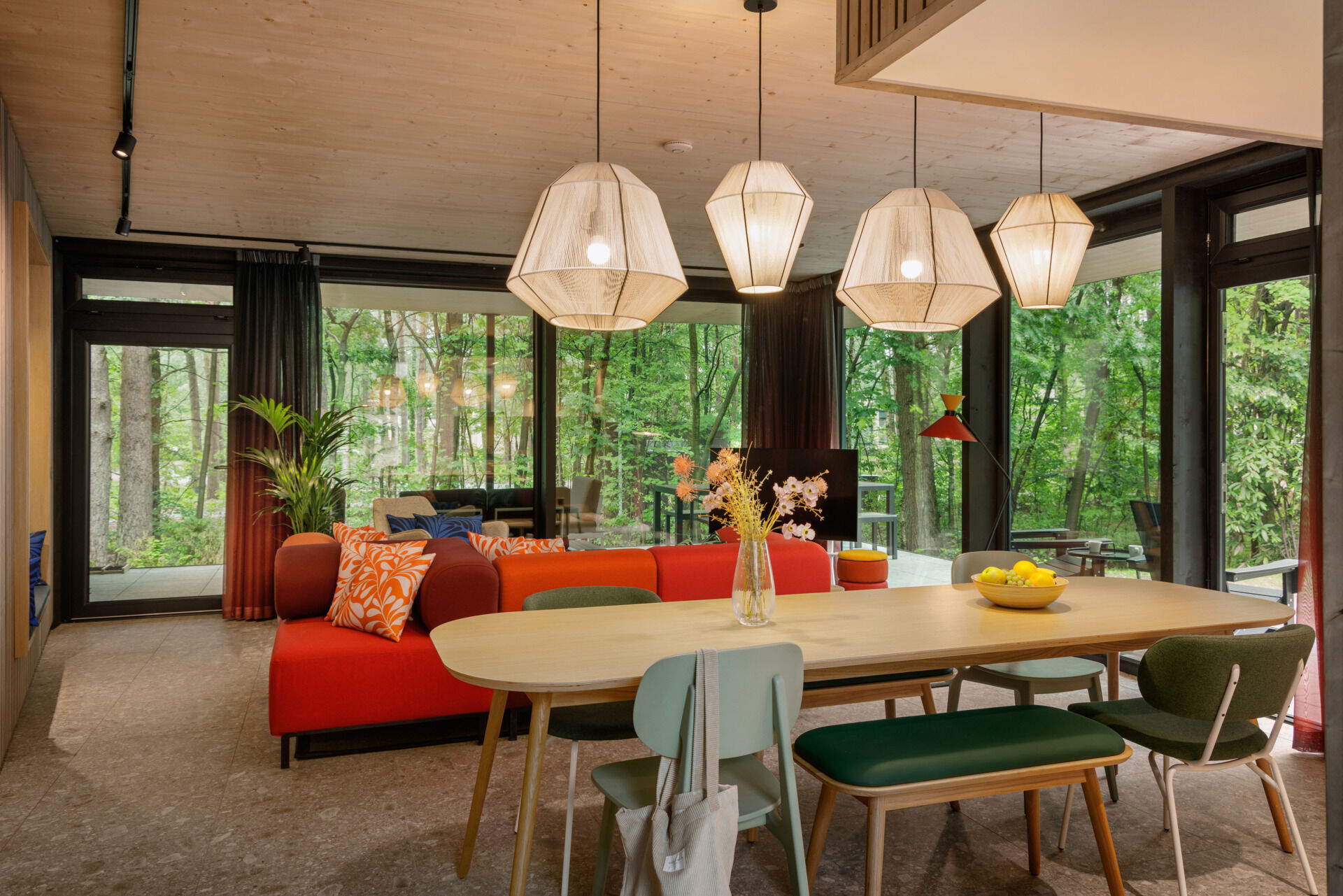
Natural Materials, Calming Interiors
- Wooden textures: Spruce-clad walls and cross-laminated timber ceilings echo the forest.
- Stone floors: Durable yet warm underfoot.
- Spa-like bathroom: Organic finishes and muted tones create a wellness-focused retreat.

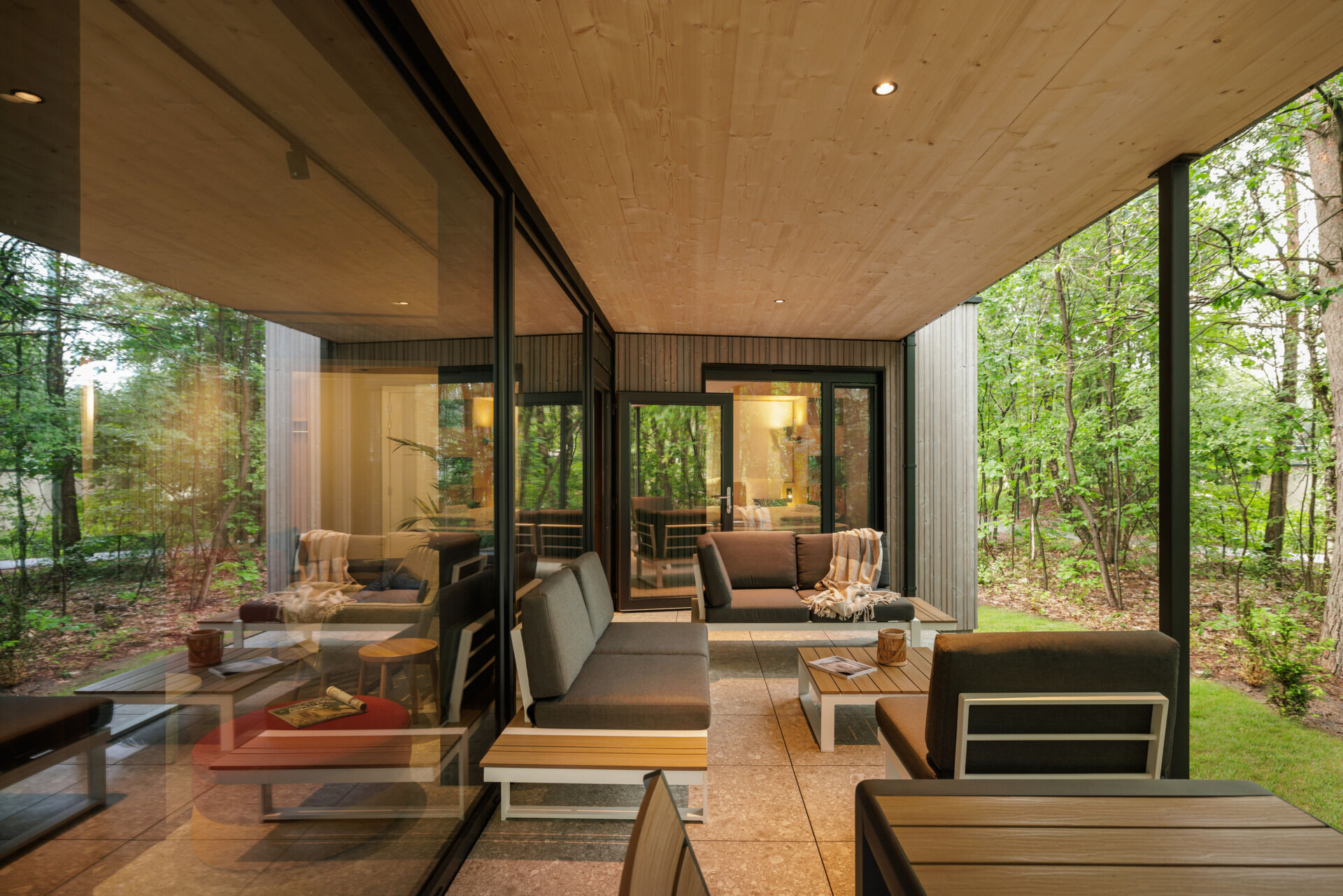
Sustainability at Its Core
- Energy-efficient systems: Smart electricals reduce consumption.
- Prefab advantages: Less waste, faster construction.
- Biophilic design: Terraces extend living spaces into the woods, encouraging immersion in nature.
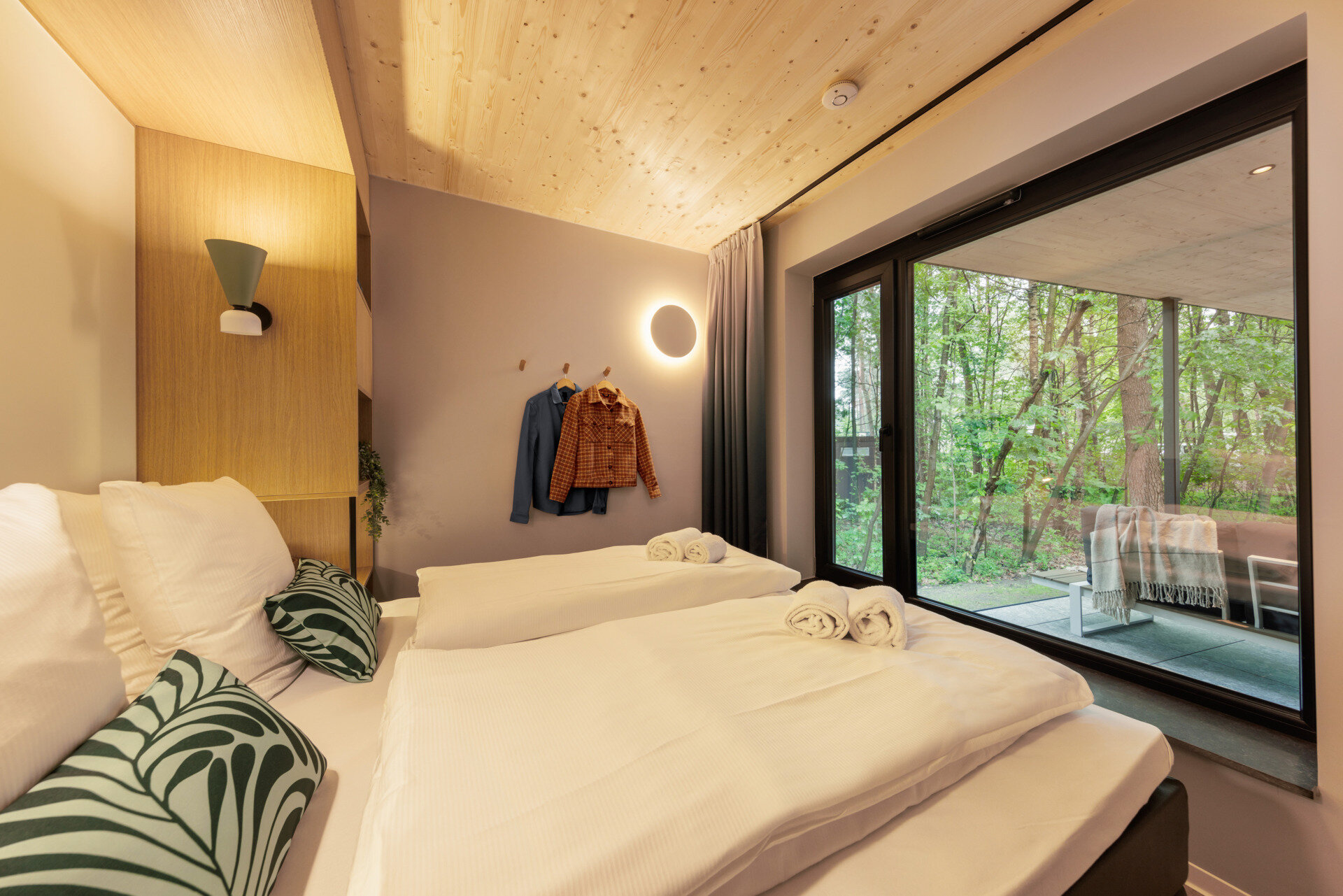
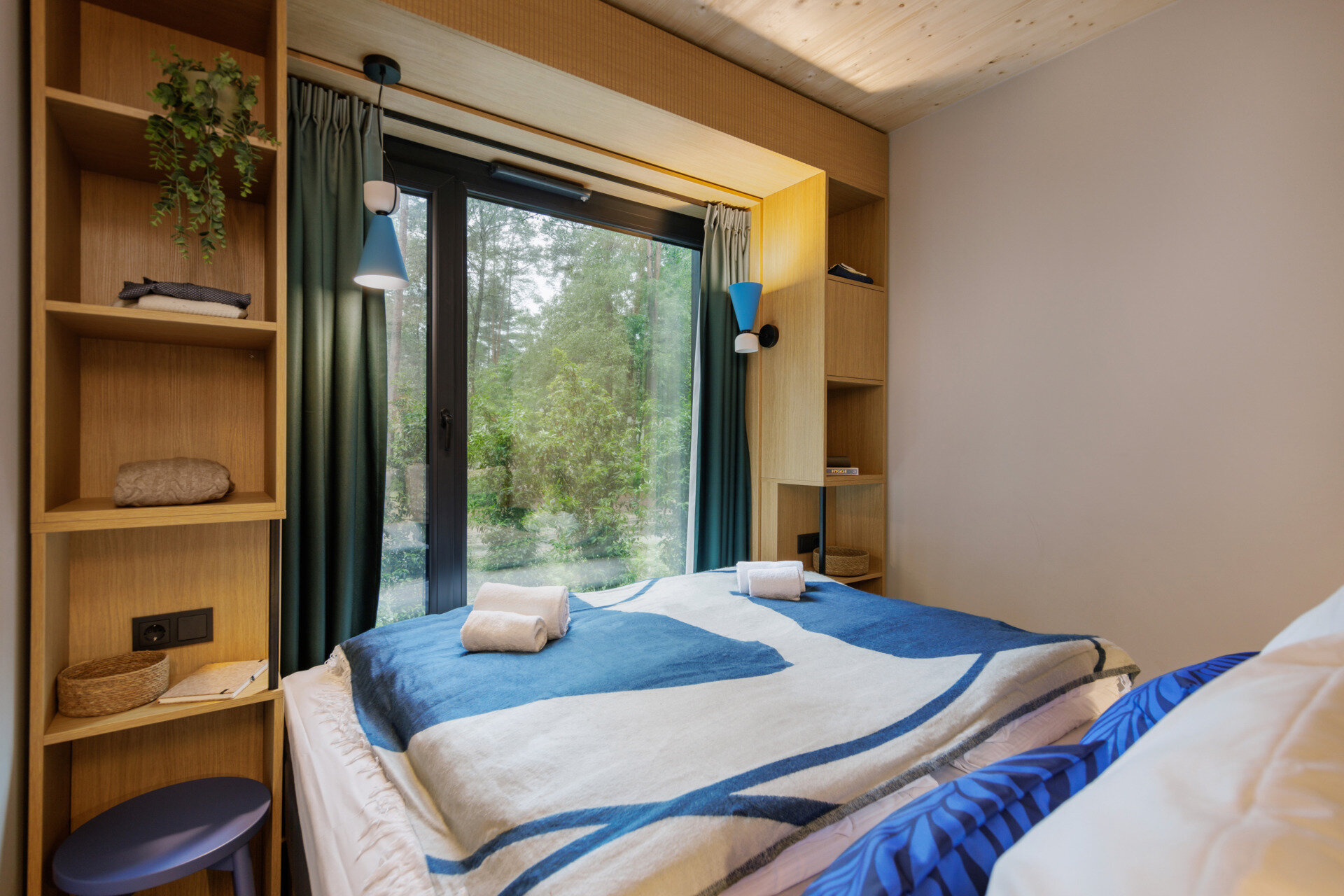
Why This Matters for Future Travel
Center Parcs’ prototype sets a new standard for eco-tourism, proving sustainability needn’t compromise aesthetics or convenience. It’s a call to architects and developers: modular, low-impact design can be luxurious.
Photography: Ton Hurks | Design: Concrete | Collaborators: Center Parcs, ANSSP, WP Ingenieure, and others (see original credits).
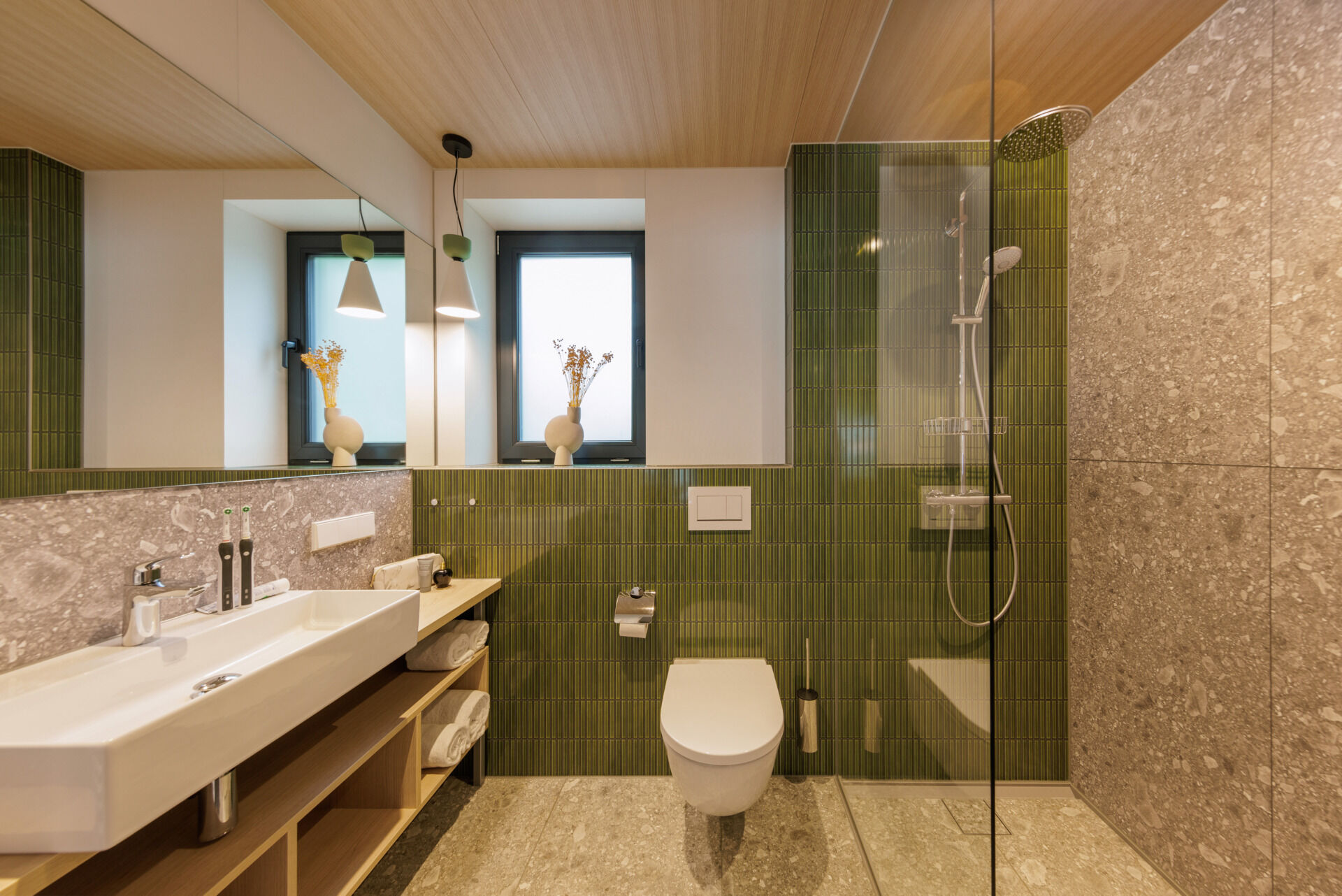
✦ ArchUp Editorial Insight
This forest cabin exemplifies how modular design can harmonize with nature, offering a replicable model for sustainable tourism. While its compact layout excels for small families, larger groups might find the space restrictive a challenge for future iterations to address. However, the project’s true brilliance lies in its holistic vision: by prioritizing rapid assembly, eco-friendly materials, and biophilic details, it transforms prefab architecture from pragmatic to poetic. It’s a timely reminder that the future of travel hinges on spaces that respect both people and the planet.
Explore More with ArchUp
ArchUp documents the evolving profession of architects worldwide, from career insights and research to project profilesand industry news. Our editorial team publishes global salary trends, career advice, and opportunities for emerging talents. Learn more on our About page or Contact us to collaborate.

